World Refugee Day: ‘Every day, I am afraid of dying of hunger’
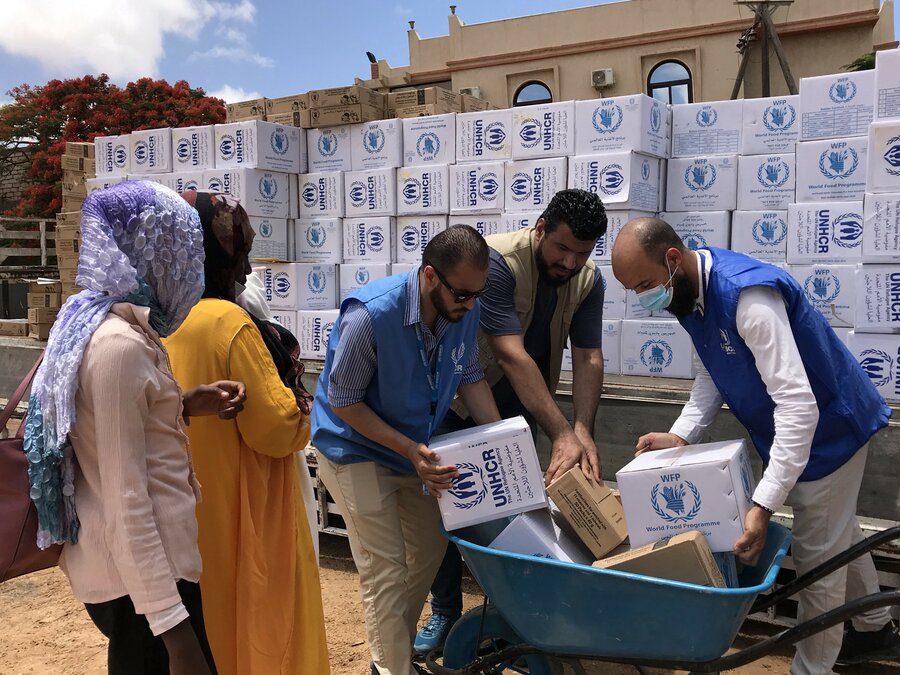
Already in the throes of a conflict that started nearly 10 years ago, Libya has been hit hard by the recent intensification of fighting and the effects of the coronavirus pandemic — including restrictions imposed to stem its impact. With needs — chief among them food needs — spiking, further destabilization of the economic sphere and disrupted supply chains have thrown already vulnerable communities into significantly more danger.
World Refugee Day: How a Congolese family who found a new life in Kenya
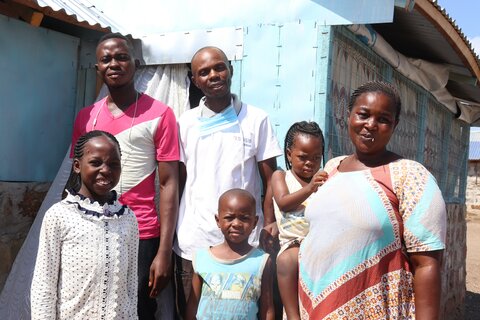
The first distribution of food assistance, with stringent coronavirus precautionary measures in place, began on 15 June at UNHCR's registration centre in Serraj, Tripoli. Some 2,000 refugees and asylum seekers will be reached in the pilot phase, but the project aims to scale up to feed up to 10,000 people in need by the end of the year.
WFP assists an average of 100,000 food insecure and vulnerable people in Libya each month, including crisis-affected internally displaced people, returnees, non-displaced populations, refugees, asylum-seekers and migrants living in urban settings. The operation provides both regular food assistance across the country through direct food support and newly-introduced e-voucher transfers as well as emergency food assistance.
Programmes include school feeding and innovative livelihood training to support resilience in communities and the empowerment of youth and women. In addition to taking the lead on food security response, in Libya WFP leads the Logistics Sector, the Emergency Telecommunications Sector, and manages the UN Humanitarian Air Service (UNHAS) and the UN Hub in Benghazi.
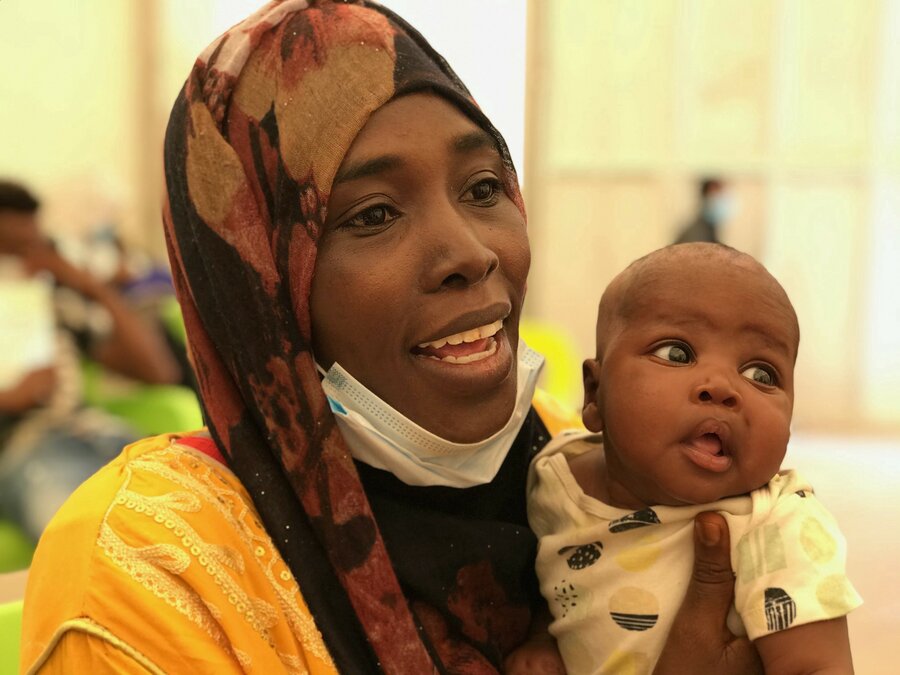
Since March, most refugees and asylum seekers in the country have been unable to find daily work to support themselves. Having no income, coupled with a dramatic rise in food prices, has caused the food security of already vulnerable groups of people to become even more precarious. The food component of a ‘minimum expenditure basket', defined as what a household requires to meet basic needs, has increased in price by almost 27 percent — in the south of the country, it has risen by as much as 43 percent.
World Refugee Day: ‘Safe in Malawi now we must escape the coronavirus'
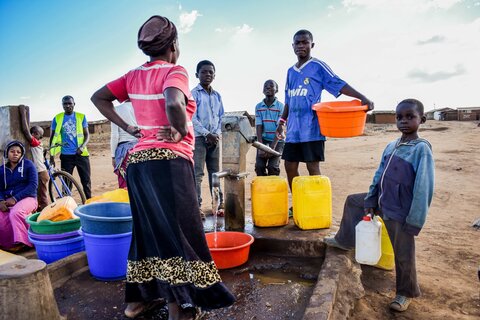
"Food is a right," says Samer AbdelJaber, Country Director and Representative of WFP in Libya. "Nutritious food supports a healthy immune system, which is even more critical in the challenging times of a global pandemic."
Among those who will be assisted under the project are refugees and asylum seekers recently released from detention centres, with limited means of supporting themselves. Others will include refugees in urban settings facing severe challenges in accessing food.
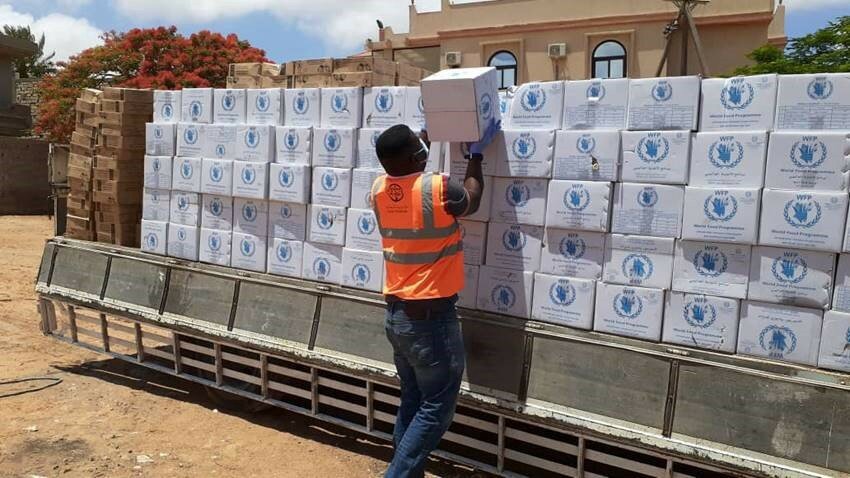
AbdelJaber adds: "We are coming together with the UN Refugee Agency [UNHCR] to ensure support to food-insecure refugees who are fully reliant on humanitarian assistance for basic needs. That way, limited income can be used for other important expenditures such as healthcare or paying rent, so people don't need to worry about keeping a roof over their heads."
To help identify people's needs during the pandemic, WFP interviewed the refugees referred to the agency by UNHCR for assistance. The feedback was heartbreaking. One parent told us: "Every day, I am afraid of dying of hunger. I sleep on mats. There are many shops that I want to work in but there is no work. There is nothing in my house other than bread and tea."
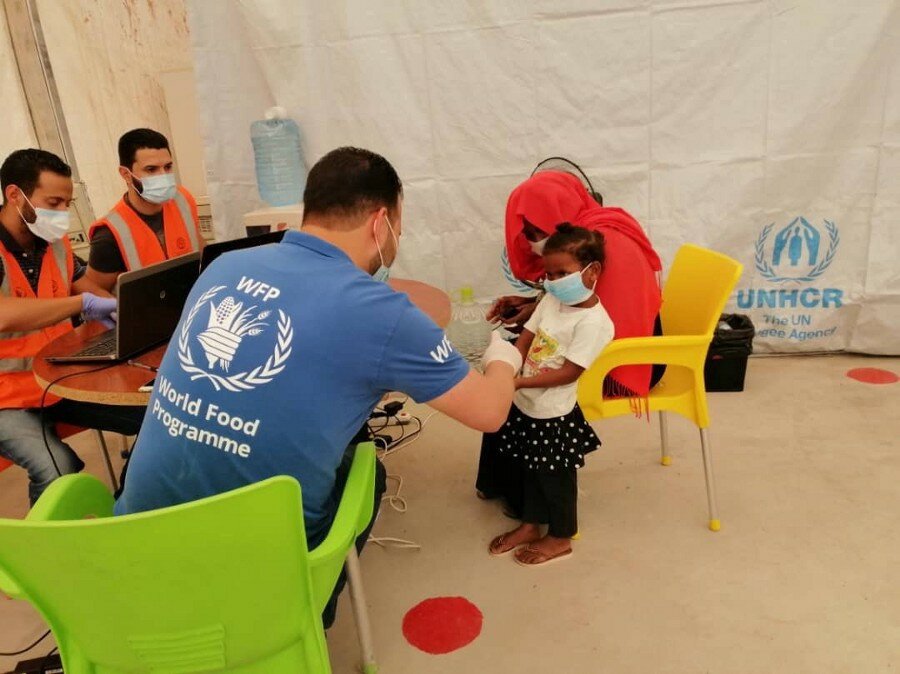
Halima, a Sudanese refugee who attended the first day of distributions, told WFP and UNHCR that the food support changes things for her and her child. She said: "During the coronavirus lockdown, we have been eating one meal a day. We can't afford to buy the meat we see at the butcher. But now, thank God, it's getting better."
Food packages provide enough food for one month and include hummus, canned beans, canned tuna, halawa (a sweet renowned as a good source of energy), and date bars. They cover 53 percent of the daily caloric requirement of a healthy person (around 1,100 kilocalories).
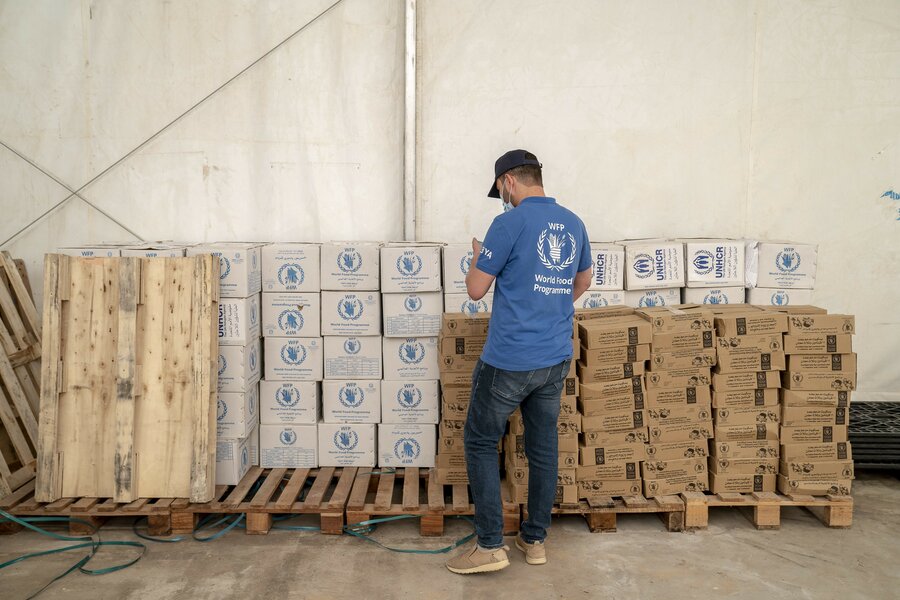
But the support goes one step further in helping people. "An innovative facet of this partnership is that it extends beyond emergency food support," says Samer AbdelJaber. "It includes technology services which facilitate communication and the exchange of information. The WFP-led Emergency Telecommunications Sector will be providing connectivity services to a UNHCR Community Day Centre in Tripoli to help refugees connect to their loved ones and communities."
The coronavirus hotline for Libyans inundated with calls
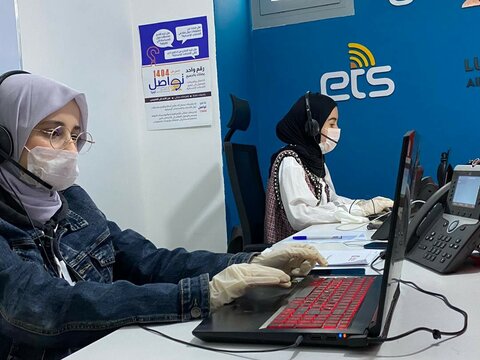
With Libya already particularly vulnerable to the spread of the coronavirus pandemic while wrestling a multi-crisis context, socio-economic and humanitarian support to address food insecurity across the country is essential. In the fight against hunger, every step counts.
In 2019, WFP assisted 10 million refugees around the world. As a result of persecution, conflict, violence, human rights violations or events seriously disturbing public order there were 79.5 million forcibly displaced people at the end of 2019. This includes 26 million refugees.


